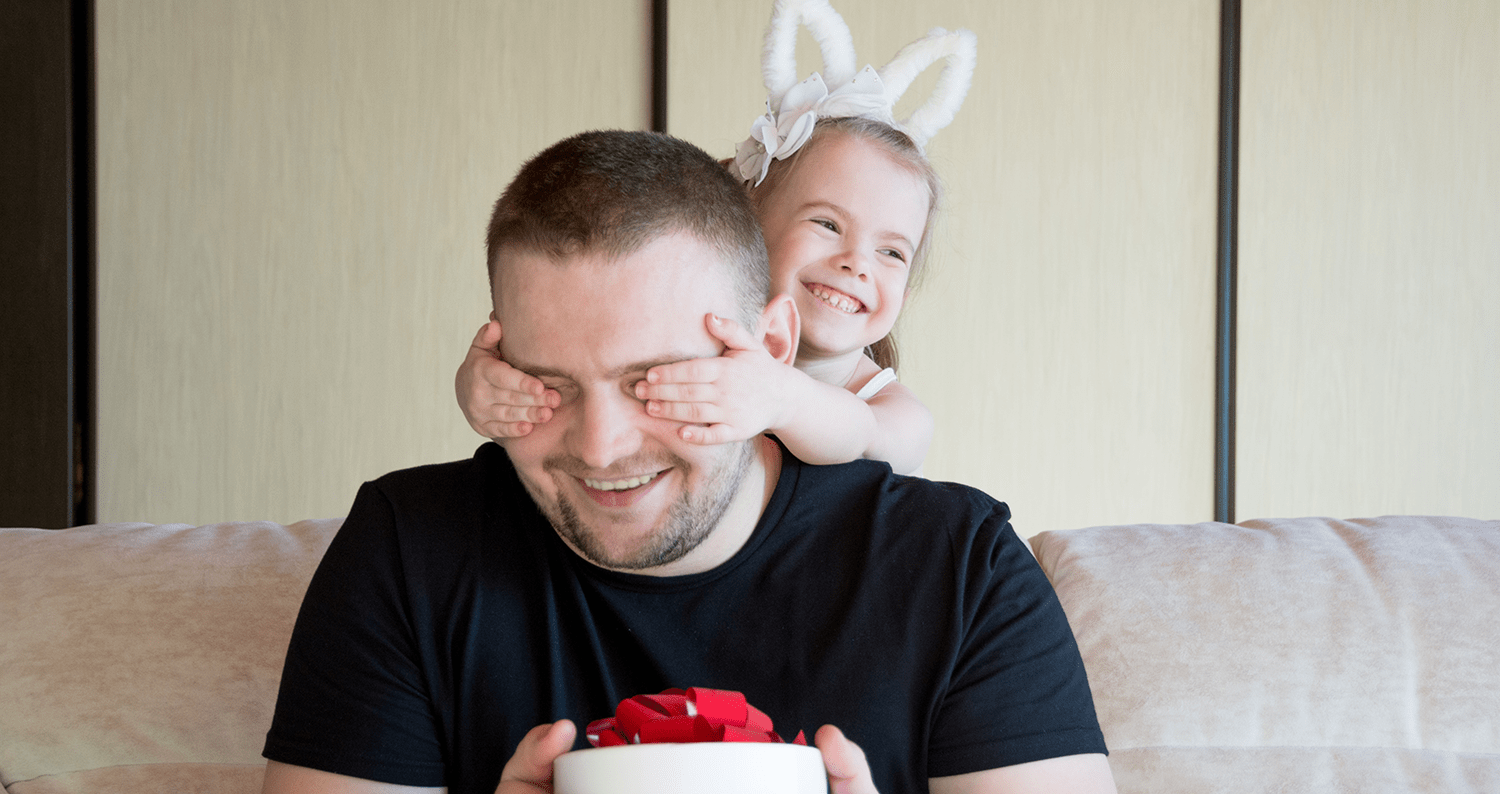
“The Reginald S. Lourie Center for Infants and Young Children Early Head Start Program provides comprehensive, year-round, child and family development services to low-income families with children, prenatal to three years old. During weekly home visits and parent-toddler activity groups, trained Early Head Start staff plan activities with families to foster the child’s development, increase family literacy, promote healthy parent-child relationships, provide parenting support and education. . . . Our bilingual staff have the opportunity to establish close relationships with families and work in partnership with parents towards achieving goals for children and families. Home visiting has proven to be particularly effective with families seeking assistance in parenting their young children. . . . We provide direct assistance in helping the parent learn effective parenting strategies, reinforcing the parent as the child’s first and most important nurturer, teacher and advocate, and learning to use the home as a learning environment.” (Excerpts from Lourie Center EHS program description.)
Guest Blog by
Lucia E. Pugnali, Social Emotional Wellness Coordinator
Alexandra Solano, Home Visitor
Early Head Start Program, Reginald S. Lourie Center for Infants & Young Children
During our EHS onsite monitoring review last week, we mentioned that we are utilizing the KIPS parenting assessment and one reviewer insisted on viewing some of our video clips. We showed her three representative clips (described below). She was very impressed!
The first video clip we showed was of a mom and child that Alexandra serves. The parent/child interaction was filmed for the parenting assessment. Mom appears focused on being there with her child (18-months) and chooses to read to him from a giant-sized animal book. She points to the pictures, tells about them, asks him questions, sometimes gets an answer, sometimes not. She keeps turning the pages, leisurely, and this being together around the book lasts for a good 12 minutes. Then she picks up a bag of alphabet blocks and engages her child making towers, spelling words.
When we first met to review this clip, we scored it with the KIPS parenting assessment separately, then compared notes. We both scored it very similarly. Alexandra readily commented:
I have always thought this mom was a great educator and so good at playing with her child!… but now, as I look at these distinct skills, I can see so much more clearly where she could improve!
The second video we showed was of Alexandra giving feedback to the mom. After scoring the video, Alexandra was eager to give Mom feedback, which she did after setting up a video camera to record her own interactions with Mom. We have decided to monitor staff’s feedback to parents, by simply having the staff set up the video-camera, just like it’s done in the parent/child taping. Once the video camera is back in the office, staff and supervisor can view the clip and comment on the feedback process
The video showed that the feedback to the parent went well, guided by our “strengths-based approach” and by ongoing dialoguing with the mother. Once the suggestions were made: to follow the child’s cues, to respond to his interests, to engage in eye contact and physical proximity… the mother was ready to “run with it!”
The third video we showed was taken 7 months after the first mother-child play video. By the time of the second parent/child taping, the child was 25 months. Mom had incorporated all the feedback and was able to follow, guide, support, and encourage her child! The difference in the quality of the engagement was clearly visible, and a joy for anyone who saw it. Alexandra added:
Mom feels so pleased and so confident with her improved teaching skills that she is applying them to her older children as well and that, as a result of all this playing, doing crafts, learning together, the family watches little to no television anymore!!
Yeah—we are thrilled by this particular choice to bypass television!
In summary: Both the Home Visitor and family are very pleased with learning such important tools in such a friendly, focused way!
There you have it! Thank you, Marilee and Phil, for giving parents such a powerful tool for healthy parenting—and for giving Family Workers a “tool they can really use and that really works!!”
Editor’s Notes:
Also see NORWESCAP’s discussion of how they use parenting assessment in Early Head Start supervision.
The Lourie Center experience is similar to the EHS reviewer response at NORWESCAP, discussed in one of our previous blogs. It appears that assessing parenting scores points with EHS site reviewers.
